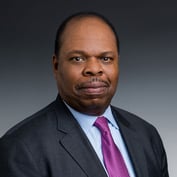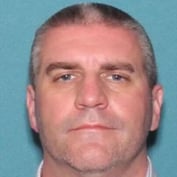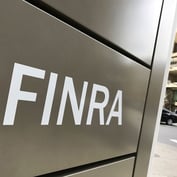Just as a government watchdog is pressuring the Securities and Exchange Commission (SEC) to beef up its oversight of the Financial Industry Regulatory Authority (FINRA), Congress is mulling whether to give FINRA the power to oversee advisors.
The Government Accountability Office (GAO) told the SEC in late May that the securities regulator needs to start performing “retrospective reviews” of FINRA’s rules—as does FINRA—to ensure the regulator’s rules are achieving their intended purpose and so that FINRA can do away with ineffective rules.
FINRA responded to the GAO report, stating that it believes the report “demonstrates the broad and robust oversight the SEC provides to our operations, with annual or continuous review of our core regulatory programs.” FINRA added that it agreed with GAO’s recommendation that such retrospective reviews of FINRA rules “could be valuable” and promised to work with the SEC to implement such a process.
But GAO criticized the SEC for failing to conduct “limited”—or any—oversight of FINRA’s operations, such as governance and executive compensation.
A day before the GAO report came out, another watchdog, The Project On Government Oversight (POGO), voiced its own concerns about FINRA, in particular that its regulatory effectiveness could be undermined by “its inherent conflicts of interest, its lack of transparency and accountability, its lobbying expenditures, and its executive compensation packages.”
POGO, a nonpartisan independent watchdog that investigates corruption, misconduct and conflicts of interest, noted these criticisms of FINRA in a letter to House Financial Services Chairman Spencer Bachus, R-Ala., and the ranking Democrat on the committee, Barney Frank, D-Mass.
The GAO and POGO criticisms of FINRA came only a week before the House Financial Services Committee began debating Bachus’ SRO bill, the Investment Advisor Oversight Act of 2012 (H.R. 4624). FINRA is the lead candidate in assuming such an SRO role. A vote on Bachus’ SRO bill in the committee was expected before Congress left for the July 4 recess.
Harvey Pitt Weighs In
GAO’s recommendations regarding review by the SEC of FINRA’s rules is in keeping with President Obama’s 2011 executive order which mandates that all regulatory agencies undertake a periodic review of their existing rules. However, Harvey Pitt, former chairman of the SEC, told me in a June 4 interview that he believes GAO findings shouldn’t have a “negative” impact on FINRA’s chances of becoming an SRO for advisors.
“FINRA’s success or failure in becoming the regulator for advisors will depend on its ability to persuade Congress that having an existing infrastructure already in place and having the resources to devote to expanding their internal assets” makes FINRA the better choice than creating a new SRO from scratch, Pitt said.
SRO aside, Pitt said the GAO study, dubbed, “Opportunities Exist to Improve SEC’s Oversight of the Financial Industry Regulatory Authority,” is significant in that it illustrates the importance for all governmental or quasi-governmental entities to adopt policies on reviewing their rules. “As the courts have required regulators to focus more carefully before the adoption of rules […], it is equally incumbent upon agencies to focus on how well the rules they adopt actually are achieving their intended roles, and how well those rules are being enforced,” he said.
Pitt, who served as chairman of the SEC from 2001 to 2003, said in the interview that he believes there’s a need for a systematic process to be adopted by FINRA, other self-regulators and the SEC for post-adoption reviews of rules, “and not just on a one-time basis, but at regular intervals.”








 June 26, 2012 at 08:00 PM
June 26, 2012 at 08:00 PM










